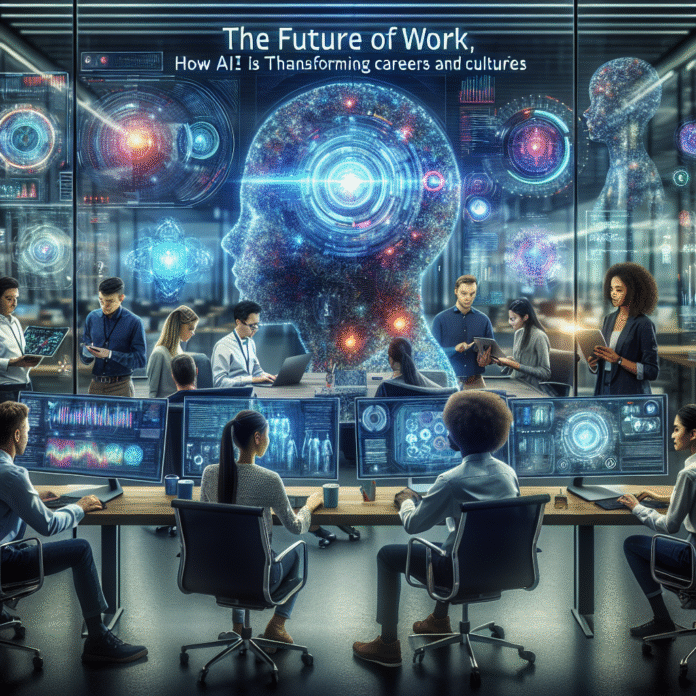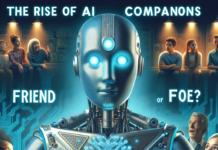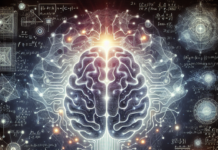The Future of Work: How AI is Transforming Careers and Cultures
As we navigate through the complexities of the 21st century, one element stands out as a potential game-changer across various sectors: Artificial Intelligence (AI). From automated customer service to advanced data analytics, AI is reshaping how we work, interact, and build our careers. This article explores how AI is transforming not only industries but also organizational cultures, employee roles, and the very nature of work itself.
The AI Revolution in the Workplace
Automation and Enhanced Productivity
AI-driven automation is streamlining tasks that were once seen as time-consuming and mundane. Administrative work, data entry, and even scheduling can now be executed by AI systems, allowing employees to focus on higher-value activities. This shift not only boosts productivity but also fosters a more innovative work environment. As routine tasks become automated, employees are free to engage in creative decision-making, strategizing, and problem-solving.
New Job Opportunities
While concerns about AI leading to job displacement are prevalent, the reality is often more nuanced. New technologies create new job categories that didn’t exist before. Roles such as AI specialists, data analysts, and machine learning engineers are burgeoning, underscoring the demand for advanced technological skills. Moreover, even in industries where AI is expected to replace jobs, new positions often arise that require human intuition, creativity, and emotional intelligence—traits that AI currently cannot replicate.
Shift in Skillsets
As AI continues to infiltrate more sectors, the required skill sets are evolving. Traditional roles are being enhanced with AI tools, necessitating a reevaluation of what employees need to thrive. Skills such as data literacy, critical thinking, and adaptability are becoming increasingly important. Organizations are investing in reskilling and upskilling their workforce, fostering a culture of continuous learning that encourages employees to adapt to changing technologies.
Transforming Organizational Cultures
Data-Driven Decision Making
AI can serve as a powerful tool for data analysis, providing insights that can guide business decisions. With enhanced data collection and analysis capabilities, organizations can make informed choices based on real-time information. This shift toward data-driven decision-making not only boosts efficiency but also fosters a culture of transparency and empowerment among employees, who are encouraged to back their suggestions with data.
Flexibility and Remote Work
The COVID-19 pandemic accelerated the adoption of remote work, and AI is at the forefront of facilitating this shift. Tools powered by AI are making remote collaboration easier than ever, enabling seamless communication, project management, and team collaboration. This flexibility has opened doors for a more diverse workforce, allowing organizations to tap into global talent pools. As a result, workplace culture is broadening to embrace inclusivity and diversity, which can lead to higher employee satisfaction and retention.
Employee Well-Being
Organizations are increasingly recognizing the importance of employee well-being in driving productivity and innovation. AI can help monitor employee morale and engagement levels through sentiment analysis tools and predictive analytics. By understanding these metrics, companies can proactively address issues, create stronger support systems, and foster a healthier workplace culture. Ultimately, a happy workforce is a productive one.
Challenges to Overcome
Ethical Implications
As AI’s role expands in the workplace, ethical considerations become paramount. Issues such as privacy, bias in algorithmic decision-making, and job displacement must be addressed. Organizations need to cultivate ethical AI practices, ensuring that technology is employed in ways that are fair and beneficial for employees and society. Transparent communication regarding the use of AI and its implications will be crucial in fostering trust.
Resistance to Change
The rapid integration of AI may encounter resistance from employees who fear their roles will be compromised. Change management becomes crucial in ensuring employees feel secure and valued as new technologies are introduced. Organizations must prioritize involving employees in the transition process, providing education and support to ease anxieties and foster collaboration with AI technologies rather than competition.
Conclusion
The future of work is undoubtedly being shaped by AI, transforming careers and workplace cultures in profound ways. While challenges exist, the potential benefits—enhanced productivity, new job opportunities, improved workplace flexibility, and employee well-being—offer a compelling vision of what lies ahead. As we stand on the brink of this transformation, adapting to the new landscape through reskilling, ethical considerations, and open communication will be critical in harnessing the power of AI for a better future—one where humans and machines collaborate to achieve remarkable goals.
More related articles- From automating repetitive tasks to enabling entirely new industries, AI is redefining what it means to work in the 21st century. Beyond changing job roles and required skills, it’s influencing how teams collaborate, how organizations operate, and even how cultural norms evolve in professional spaces.







